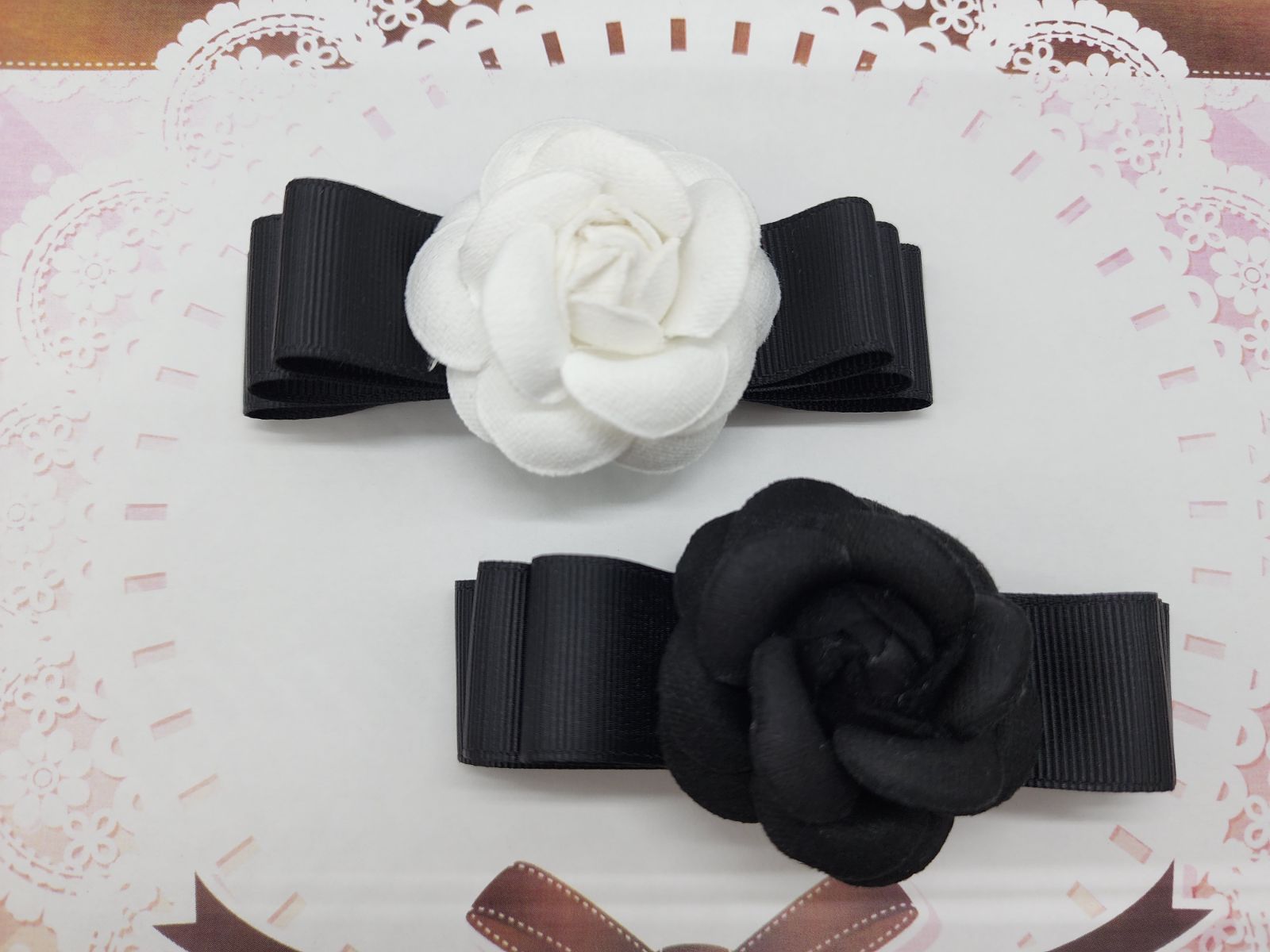
お月見を英語で説明|十五夜や月見団子などを6つの例文で紹介
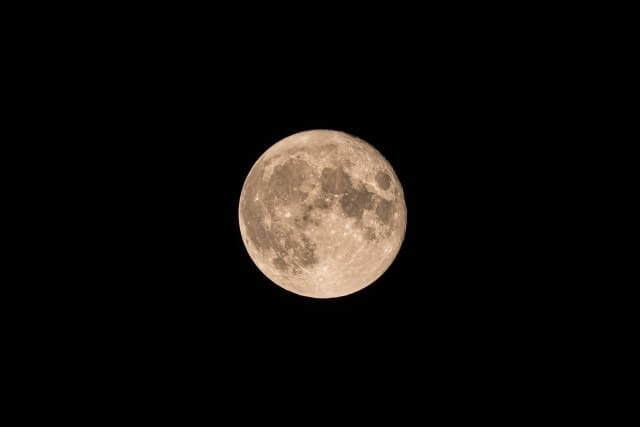
外国人から「お月見って何ですか?」と聞かれたら、英語で答えられますでしょうか?
 woman
woman(「お月見」って何ですか?)



お月見って英語で何て説明すればいいのかしら?
外国人にお月見をどうやって説明すればいいのか?
そんな疑問にお答えします。
お月見は英語で「viewing the moon(月をみること)」です。



(「お月見」とは、旧暦の8月15日に月を見ることです。)
お月見について英語で説明する例文を一緒に見て行きましょう。
無料でお試しできるオンライン英会話をいくつか紹介します。
お月見を英語で説明
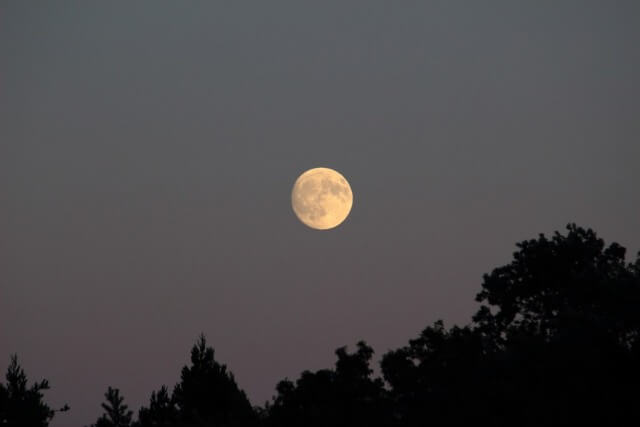

Otsukimi means enjoying the beautiful full moon in autumn.
お月見とは、秋の美しい満月を眺めて楽しむことを言います。
- Otsukimi/お月見
- mean/意味する
- enjoy/楽しむ
- beautiful/美しい
- full moon/満月
- autumn/秋
The moon viewing usually takes place on August 15th of the lunar calendar.
お月見は通常、旧暦の8月15日に行われます。
- moon viewing/お月見
- usually/通常
- take place/行われる
- August/8月
- 15th/15日
- lunar calendar/旧暦



(お月見は美しい月を見て楽しむことなのね。)
十五夜を英語で説明
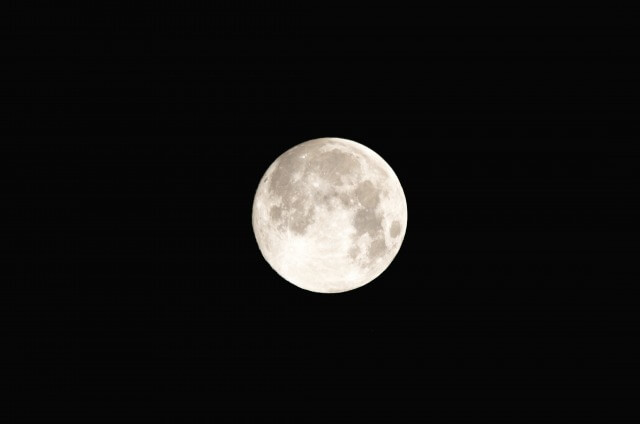

“Jugoya” is the moon on August 15th of the lunar calendar.
「十五夜」とは、旧暦8月15日の月の事です。
- Jugoya/十五夜
- moon/月
- August/8月
- 15th/15日
- lunar calendar/旧暦
Today, the new calendar is used instead of the lunar calendar.
現在では、旧暦ではなく新暦が使用されています。
- Today/現在
- new calendar/新暦
- use/使う
- instead of/の代わりに
- lunar calendar/旧暦
In terms of the new calendar, August 15th of the lunar calendar comes between mid-September and early October every year.
新暦で言うと、旧暦の8月15日は、毎年9月中旬から10月上旬の間に来ることになります。
- in terms of/~に関しては
- new calendar/新暦
- August/8月
- 15th/15日
- lunar calendar/旧暦
- come/来る
- between/の間
- mid-September/9月中旬
- early October/10月上旬
- every year/毎年
For example, “Jugoya” of 2020 was Thursday, October 1st.
例えば、2020年の十五夜は10月1日(木)でした。
- for example/例えば
- Jugoya/十五夜
- Thursday/木曜日
- October/10月
- 1st/1日
2019年から2025年の十五夜は下記になります。
2019年9月13日(金)
2020年10月1日(木)
2021年9月21日(火)
2022年9月10日(土)
2023年9月29日(金)
2024年9月17日(火)
2025年10月6日(月)



(「十五夜」は旧暦の8月15日の月のことなのね。)
お月見の起源を英語で説明
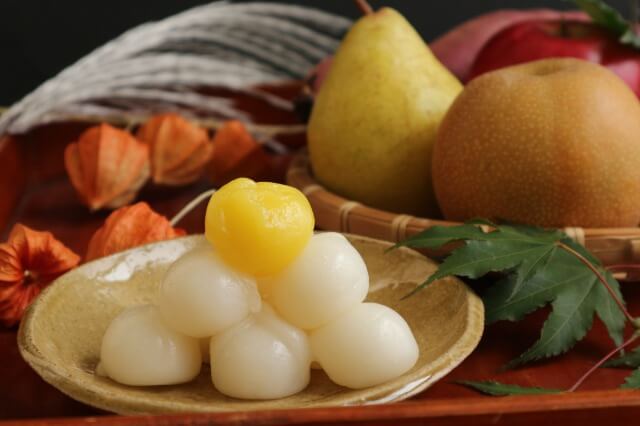

The history of viewing the moon is old, and it is said that in Japan it was customary to see the moon from around the Jomon period.
お月見の歴史は古くからあり、日本では縄文時代頃から月を見る習慣があったと言われています。
- history/歴史
- viewing the moon/お月見
- old/古い
- it is said that/と言われている
- Japan/日本
- customary/習慣的な
- see/見る
- moon/月
- around/頃
- Jomon period/縄文時代
During the Heian period, the aristocratic graceful event of drinking alcohol while enjoying poetry and orchestra was held.
平安時代には、詩歌や管弦を楽しみつつお酒を飲むという、貴族の優雅な催しが行われました。
- during/の間
- Heian period/平安時代
- aristocratic/貴族の
- graceful/優雅な
- event/行事
- drink/飲む
- alcohol/お酒
- enjoy/楽しむ
- poetry/詩
- orchestra/管弦楽団
- held/hold(催す)の過去形・過去分詞
After that, the party became simpler, and in the latter half of the Muromachi period, it became a custom to worship the moon and offer offerings.
その後、宴としては簡素になって行き、室町時代後期には、月を拝みお供えをする習慣が生じました。
- after that/その後
- party/宴
- became/become(なる)の過去形
- simpler/簡素な
- latter half/後期
- Muromachi period/室町時代
- custom/習慣
- worship/拝む
- moon/月
- offer/捧げる
- offering/お供え
In the Edo period, it was common for the common people to celebrate by eating hot pot dishes using taro on the night of “Jugoya”.
江戸時代には、庶民の間では「十五夜」の夜には芋煮を食べてお祝いをするのが一般になりました。
- Edo period/江戸時代
- common/一般的
- common people/庶民
- celebrate/祝う
- eat/食べる
- hot pot dishes/鍋料理
- use/使う
- taro/里芋
- night/夜
- Jugoya/十五夜
In the latter half of the Edo period, there is a record that on the night of “Jugoya”, the altar was set up and spherical dumplings were offered.
江戸後期には、「十五夜」の夜は祭壇をこしらえ、球形の団子を供えるようになったとの記録があります。
- latter half/後期
- Edo period/江戸時代
- record/記録
- night/夜
- Jugoya/十五夜
- altar/祭壇
- set up/建てる
- set/置く
- spherical/球形の
- dumpling/団子
- offer/供える



(お月見の歴史はとても長いのね。)
お月見のお供え|月見団子を英語で説明
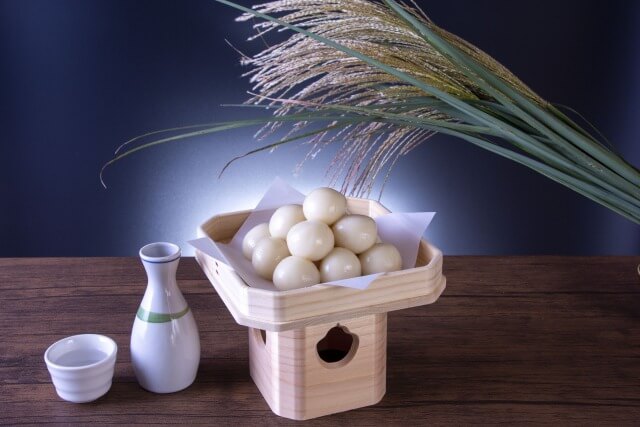

Tsukimi dumplings are famous as offerings for moon viewing.
お月見のお供え物と言えば月見団子が有名です。
- Tsukimi dumpling/月見団子
- famous/有名な
- as/として
- offering/お供え物
- moon viewing/お月見
We make a lot of small round dumplings and stack them like a pyramid.
小さな丸い団子をたくさん作り、ピラミッドのように積み上げます。
- a lot of/沢山の
- small/小さな
- round/丸い
- dumpling/団子
- stack/積み上げる
- like/のように
- pyramid/ピラミッド
It is said that it is good to stack 15 dumplings in “Jugoya”.
「十五夜」ではお団子を15個重ねると良いと言われています。
- it is said that/と言われている
- good/良い
- stack/積み上げる
- dumpling/団子
- Jugoya/十五夜
During the moon viewing period, children can eat the moon dumplings without permission.
お月見の期間中は、子供たちは勝手に月見団子を食べることができます。
- during/の間
- moon viewing/お月見
- period/期間
- children/子供たち
- eat/食べる
- moon dumpling/月見団子
- without/なしに
- permission/許可
In some areas, children have a habit of eating dumplings served at their neighbor’s home.
一部の地域では、子供たちは隣人の家で提供されている団子を食べて回る習慣があります。
- some/ある
- area/地域
- children/こどもたち
- habit/週刊がある
- eat/食べる
- dumpling/団子
- serve/提供する
- neighbor/隣人
- home/家



お月見のお供え|ススキを英語で説明


The ear of rice plant is a suitable decoration for a good harvest in autumn, but it has not yet grown during the moon viewing season.
秋の豊作を願うための飾りは稲穂が適切ですが、お月見の時期にはまだ稲穂は実っていません。
- ear of rice plant/稲穂
- suitable/適切な
- decoration/飾り
- good harvest/豊作
- autumn/秋
- yet/まだ
- grown/grow(育つ)の過去分詞
- during/の間
- moon viewing/お月見
- season/時期
Therefore, it seems that Japanese pampas grass was displayed instead of the ear of rice plant.
そのため、稲穂の代わりにススキが飾られていたようです。
- therefore/それゆえ
- it seems that/~らしい
- Japanese pampas grass/ススキ
- display/飾る
- instead of/の代わりに
- ear of rice plant/稲穂
Japanese pampas grass was also thought to have a role as a talisman.
ススキはお守りとしての役割もあると考えられていました。
- Japanese pampas grass/ススキ
- also/もまた
- thought/think(考える)の過去形・過去分詞
- role/役割
- talisman/お守り



(ススキを飾って豊作を祈るのですね。)
お月見に関する料理を英語で説明
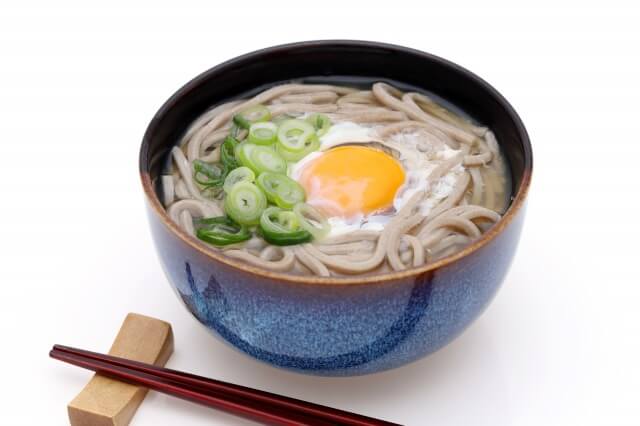

There is an interesting food named after “Tsukimi”.
「月見」にちなんで名付けられた面白い食べ物があります。
- interesting/面白い
- food/食べ物
- named after/ちなんで
- Tsukimi/月見
The dishes made by adding raw eggs and soup to the soba or udon in the bowl are called “Tsukimi udon” and “Tsukimi soba”.
丼に入れたそばやうどんに生卵やつゆを加えた料理を、「月見うどん」や「月見そば」といいます。
- dishe/料理
- made/make(作る)の過去形・過去分詞
- add/加える
- raw egg/生卵
- soup/つゆ
- soba/そば
- udon/うどん
- bowl/丼
- call/呼ぶ
- Tsukimi udon/月見うどん
- Tsukimi soba/月見そば
It is a light meal that expresses the atmosphere of moon viewing with a bowl, and is eaten on a daily basis in Japan.
月見の雰囲気を丼で表現した軽食で、日本では日常的に食べられています。
- light/軽い
- meal/食事
- expresses/表現する
- atmosphere/雰囲気
- moon viewing/月見
- bowl/丼
- eaten/eat(食べる)の過去分詞
- on a daily basis/日常的に
- Japan/日本



(面白い名前の食べ物ね。)
お月見を英語で説明|まとめ
いかがでしたでしょうか?
十五夜は旧暦の8月15日ですが、旧暦を説明するのが少し難しいですね。
十五夜は、旧暦では8月15日だったけれども、旧暦と新暦は毎年少しずつずれるので、十五夜は毎年違う日になるということを説明できれば良いと思います。
暦の説明が少し難しい場合は「お月見とは、お団子やススキを飾り、満月を見ながら秋の豊作を祝うものです。」と簡単に説明しおきましょう。



英会話教室に通う時間もお金もないし。



PCやスマホで気軽に英会話の練習ができます。
アプリなので費用もそんなに高くないですし、自宅で自分のペースで英会話の勉強ができますよ。






こちらも自宅から自分の都合が良い時間に英会話ができますよ。








